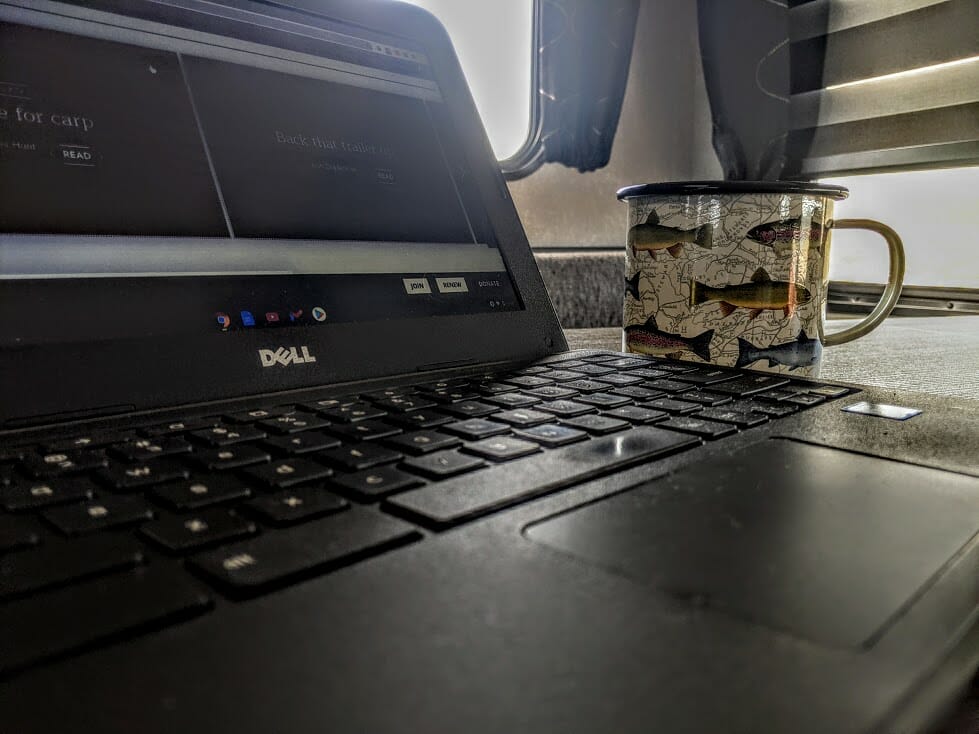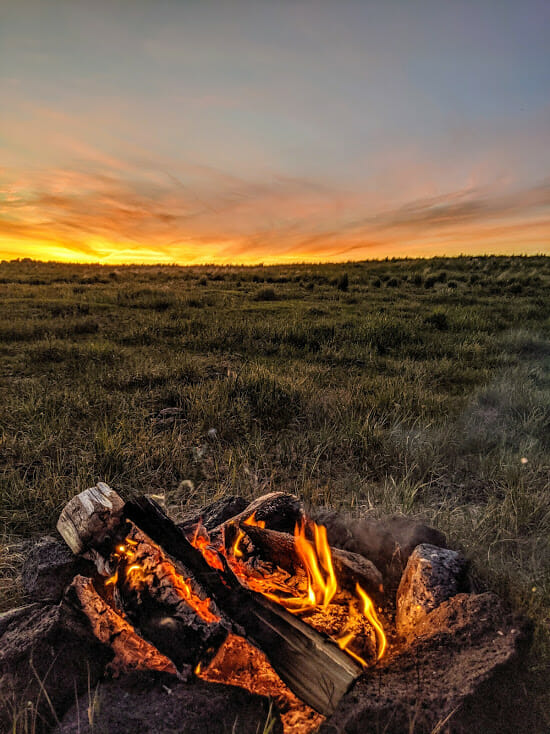This may sound a bit tone deaf, and my sincere apologies if that’s the case — circumstances impact all of us differently. But working remotely, thanks largely to the coronavirus outbreak, is not without its benefits.
I know a lot of us are itching to get back into the office and resume “normal” as soon as possible, but I wouldn’t be surprised if some of the work “restrictions” that have been forced upon a lot of us are willingly adopted by employers and employees alike, even when we return to “normal.” In fact, I’m already seeing how some of those restrictions are actually turning out to be advantages.
Yes, I’ve endured the “Zoom fatigue,” and I’d dearly love to get back into the field with many of my TU coworkers, as they work to protect and restore our beloved trout and salmon, and their habitat. And maybe do a little fishing.
But, day to day, the COVID-induced work constraints are becoming somewhat habitual. Even after the pandemic subsides and enough of us get vaccinated to relegate the virus to a mere nuisance, I will still be more likely to call someone I work with via video link rather than just chat on the phone. I like seeing faces. I like the interaction. And given that all of my colleagues are situated in other places, from Alaska to Virginia, I honestly look forward to some of my Zoom calls.
I will still be more likely to call someone I work with via video link rather than just chat on the phone. I like seeing faces. I like the interaction. And given that all of my colleagues are situated in other places, from Alaska to Virginia, I honestly look forward to some of my Zoom calls.
And everybody is handling their work differently. Recently, I told one of my colleagues that I was impressed — and a little disheartened on his behalf — that I was getting messages and emails from him at odd hours … hours he should have been spending away from work with his family. His response?
“With the pandemic, I find myself working at weird times so I can juggle the rest of my life.” While it may not be too difficult for him to work from home, his wife’s situation is completely different, and her job is tougher to do from the confines of the kitchen-turned-office. So he has to pick up the slack, and that means he might work three of his eight hours between 9 p.m. and midnight.
I can relate. My partner and I are empty-nesters, but our kids are kind of in that “transitional” phase, where they might come home for a couple of weeks at a time between seasonal jobs, or pop in with a grandkid in tow to have lunch or dinner. It’s nice to have the flexibility to put some tasks aside and enjoy some time together with family when the chance arrives.

Truth be told, my life hasn’t been altered drastically — I worked from home before the outbreak. But I also was able to interact in person with coworkers, friends, neighbors, etc. My partner … her gig was all about traveling the region, working with sales staffs in various locations. Her work life has been turned on its ear. So, like my coworker, I can help in a pinch when things get a little wacky and pull some odd hours.
But, as I noted, it’s not horrible. As I write this, I’m boondocked in my camper on the southern Idaho desert, working from a hotspot and keeping an eye on the Snake River as it flows nearby. When lunch hour comes around, I’m going to string up the 8-weight and see if the carp are on the flats yet. My partner is on her way later today, too, because working remotely allows us the flexibility to occasionally be closer to the places we love. And after we shut down the lap tops, we’ll pour a cocktail and watch the sun set over the sage while dinner cooks next to the fire.
As I said, it’s not without benefits.



